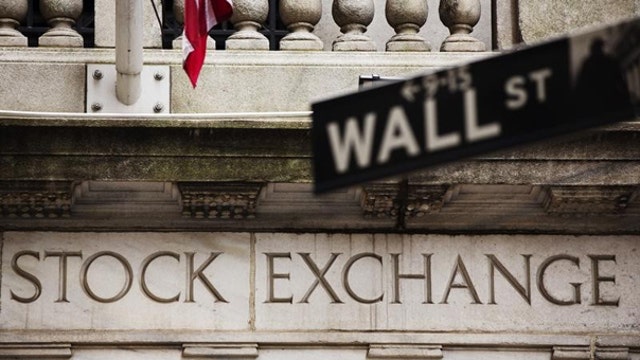Guggenheim to Pay SEC $20 Million
Guggenheim Partners was fined $20 million and settled civil regulatory charges with the Securities and Exchange Commission for breaching its “fiduciary duty,” culminating a four-year probe that began with a regulatory inquiry into the firm’s relationship with former junk-bond king Michael Milken.
Neither Milken nor the Guggenheim executive were either charged or named in the civil suit, but the SEC said a client had made a $50 million loan to a senior Guggenheim official for a personal investment in an acquisition made by Guggenheim itself in 2010.
The executive discussed the loan with the client and Guggenheim executives structured the investment deal but did not alert the firm’s compliance department or other investors who put money into the loan transaction.
“Guggenheim unlawfully failed to disclose the conflict of interest created by the outside business activity of one of its senior executives,” the SEC said, adding “As fiduciaries, investment advisors must be vigilant about disclosing all material facts to their clients, including actual and potential conflicts of interest.”
Last week, FOX Business was first to report that Guggenheim was scrambling to settle a civil regulatory case in a probe that began with a regulatory inquiry into its relationship with Milken, a significant Guggenheim client. Under a 1990 plea agreement with federal prosecutors Milken is barred for life from working in the securities industry and providing advice on transactions; the SEC was investigating if Milken provided advice to Guggenheim on deals and violated the order.
According to people with direct knowledge of the matter, the executive named in the SEC case is Guggenheim’s President Todd Boehly (pictured below); these people also say Milken is the client who lent him money.
Guggenheim was pressing forward with the settlement because Boehly has announced internally that he will leave the firm sometime this year, and he’s looking to settle the case before starting his own investment outfit, according to people with direct knowledge of the matter.
An attorney for Milken wouldn’t comment on the settlement, nor would a spokesman for Guggenheim, but neither would deny that Boehly and Milken were unnamed sources cited by the SEC in its civil case. The SEC also declined comment.
People close to Milken say it’s unlikely that he will be charged for violating his industry ban, and people close to Boehly say he doesn’t expect to be charged. as well.
Guggenheim neither admitted nor denied wrongdoing as part of the case. "Since the occurrence of the events described in the SEC Order—which primarily occurred five years ago—Guggenheim has implemented new, comprehensive, best practice compliance policies, procedures and controls, including those that address the issues set forth in the SEC settlement," a Guggenheim spokesman said. "There is no allegation by the SEC that any Guggenheim client was financially harmed. No individual was charged by the SEC."
Still, the settlement underscores that nearly a quarter century after his guilty plea, Milken and his connections on Wall Street continue to draw the attention of the nation’s securities regulators.Since leaving prison in the 1990s, Milken is best known not as a deal maker who crafted some of the most controversial transactions during the 1980s takeover boom, but as a philanthropist.
Guggenheim invests at least part of Milken’s estimated net worth of around $2 billion. For Guggenheim, the settlement resolves an embarrassing chapter in its relatively short, but highly successful history. The firm was founded in the late 1990s as an offshoot of an investment office that managed money for the wealthy Guggenheim family. Over the next 15 years, the firm would grow from just $5 billion in assets to more than $200 billion today.
The firm’s lead partners, Chief Executive Mark Walter and Boehly are both owners of the Los Angeles Dodgers baseball team though have chosen to keep a low public profile amid this frenetic growth. It’s unclear if Boehly will remain an owner of the team when he leaves the firm as expected later this year.




















